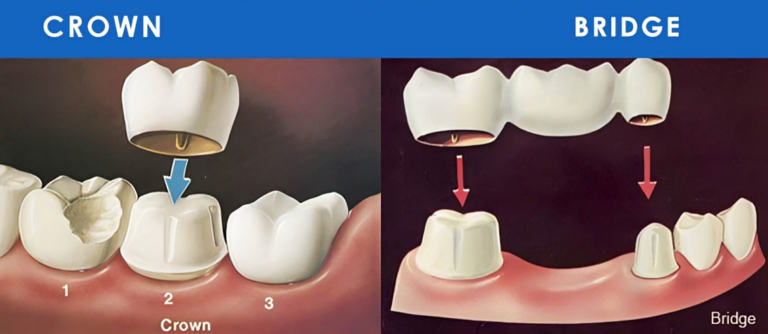Lifestyle Factors Affecting Teeth Whitening Results
Teeth whitening has become a popular cosmetic procedure, sought after by many individuals looking to enhance their smiles and boost their confidence. Whether it’s through professional treatments or at-home kits, the desire for whiter teeth is undeniable. However, achieving the desired results isn’t solely dependent on the whitening method chosen; lifestyle factors play a significant role in determining the effectiveness of teeth whitening treatments.
To Know More About It Please Click Here
Dietary Habits
One of the most influential lifestyle factors affecting teeth whitening results is diet. Certain foods and beverages, such as coffee, tea, red wine, and dark-colored fruits, contain pigments known as chromogens that can stain tooth enamel over time. Acidic foods like citrus fruits and sodas can also contribute to enamel erosion, making teeth appear dull and discolored. To maintain the results of teeth whitening treatments, it’s essential to minimize the consumption of these staining and acidic foods and beverages.
Tobacco Use
Smoking or using tobacco products not only poses serious health risks but also significantly impacts the appearance of teeth. The tar and nicotine found in tobacco can quickly stain tooth enamel, leading to yellow or brown discoloration. Even after teeth whitening treatments, continued tobacco use can compromise the results and cause teeth to revert to their previous shade. Quitting smoking or using tobacco products is not only beneficial for overall health but also crucial for maintaining a bright, white smile.
Oral Hygiene Practices
Maintaining good oral hygiene is essential for preserving the results of teeth whitening treatments. Regular brushing, flossing, and rinsing with an antiseptic mouthwash help remove surface stains and prevent the buildup of plaque and tartar, which can contribute to discoloration. Additionally, using whitening toothpaste or touch-up products recommended by dental professionals can help prolong the effects of teeth whitening and keep teeth looking bright and healthy.
Hydration and Saliva Production
Hydration plays a vital role in oral health and can impact the longevity of teeth whitening results. Adequate water intake promotes saliva production, which helps wash away food particles and neutralize acids that can erode tooth enamel. Dry mouth, on the other hand, can contribute to plaque buildup and increase the risk of staining and discoloration. Drinking plenty of water throughout the day not only benefits overall health but also supports oral hygiene and the maintenance of whiter teeth.
Routine Dental Care
Regular visits to the dentist are essential for monitoring oral health and ensuring the success of teeth whitening treatments. Professional cleanings and check-ups allow dental professionals to identify any underlying issues, such as cavities or gum disease, that could affect the appearance of teeth. Dentists can also provide personalized recommendations for maintaining whiter teeth based on individual needs and lifestyle factors.
In conclusion
while teeth whitening treatments can effectively brighten smiles, their results are influenced by various lifestyle factors. By making conscious choices regarding diet, tobacco use, oral hygiene, hydration, and routine dental care, individuals can maximize the benefits of teeth whitening and enjoy long-lasting results. Remember, a healthy lifestyle not only contributes to a beautiful smile but also promotes overall well-being.
Also, Follow us on Instagram







